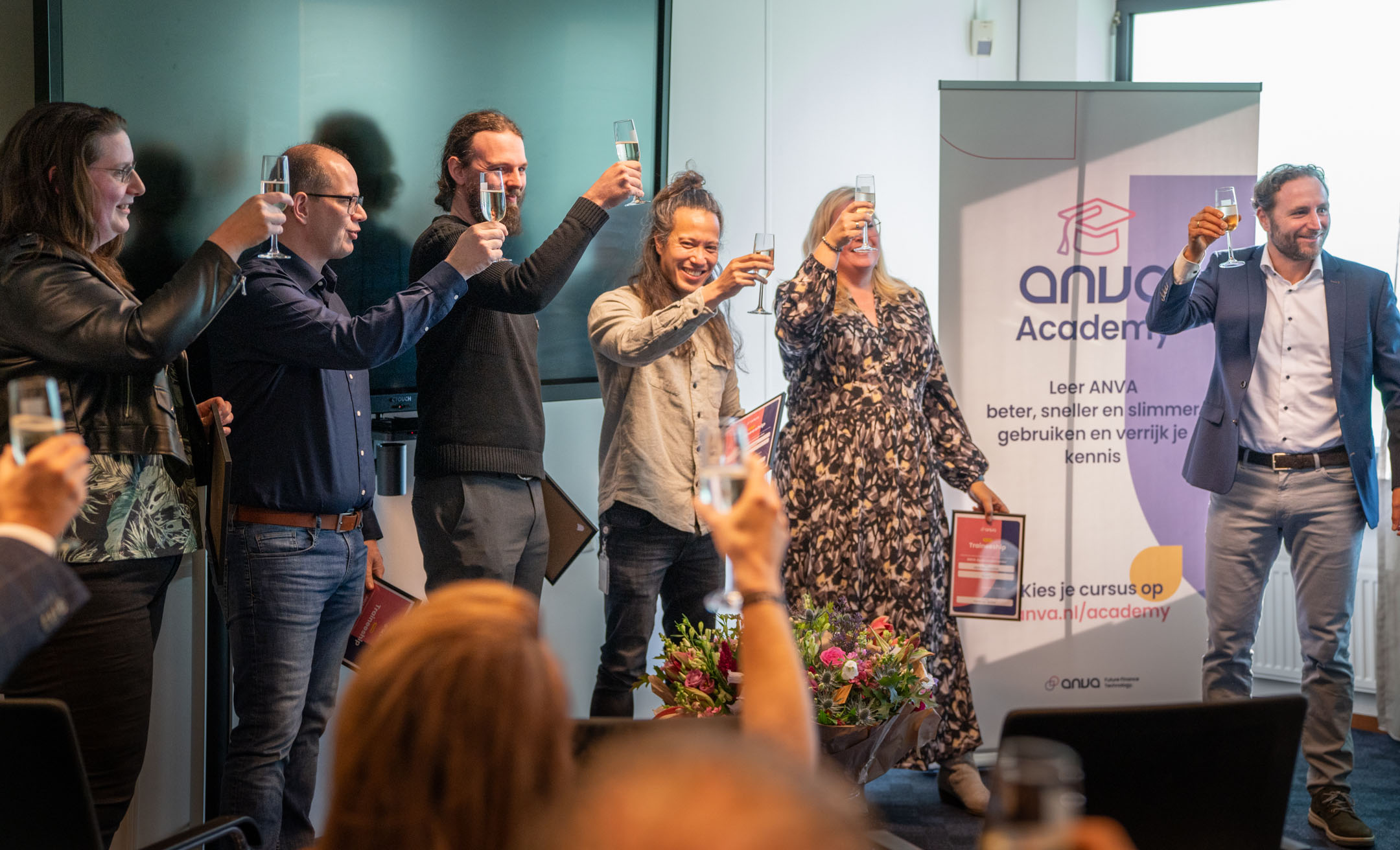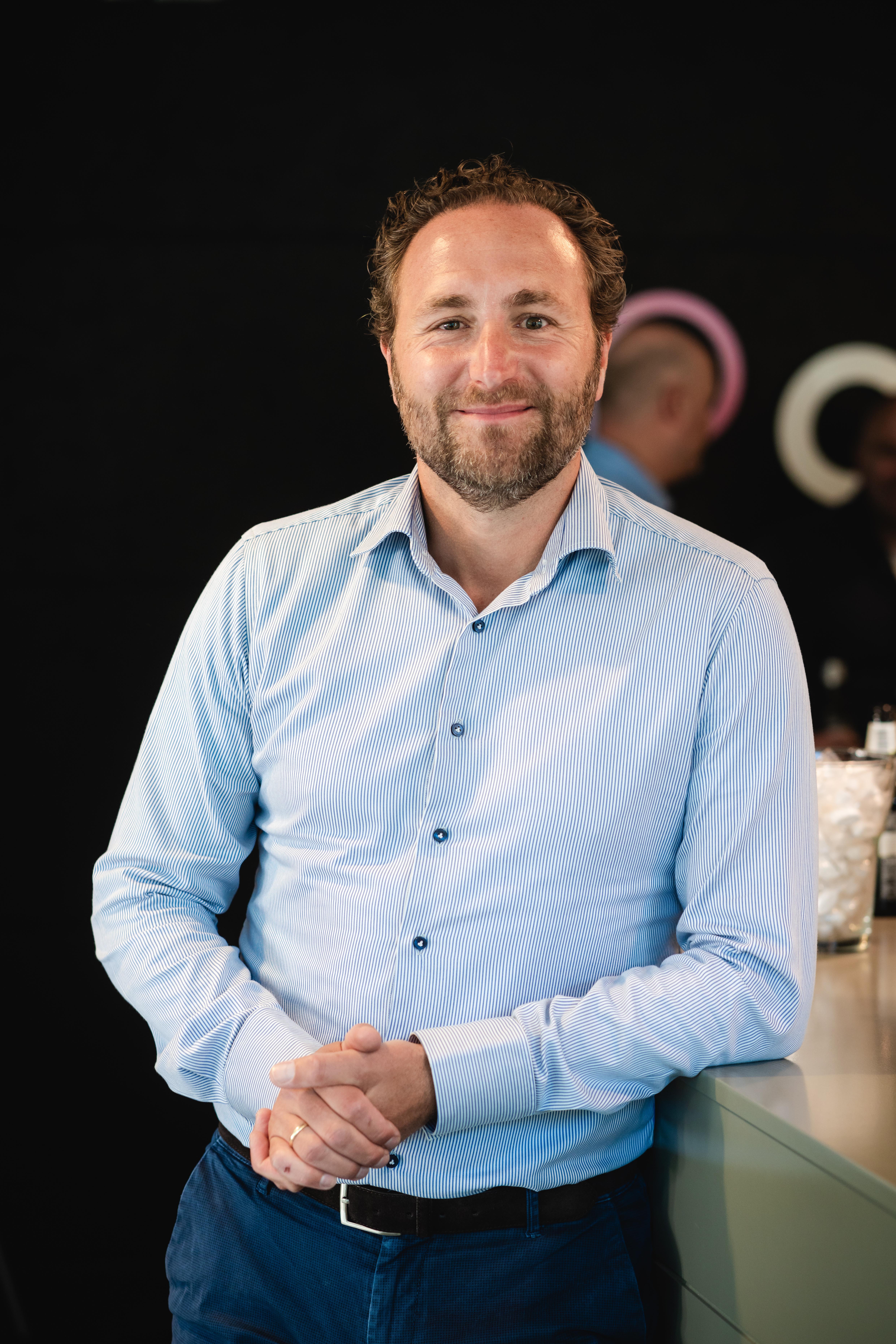


The idea came about because of the shortage of skilled ANVA administrators in the market. 'We saw that many of our customers were struggling to get their functional management right,' Alexander says. 'We realized that we could lend a hand in this ourselves by training people in-house and then placing them with our customers. They get specialized administrators on staff and in this way they get more knowledge in-house, become more self-sufficient, and speed goes up.'
A personal approach and learning objectives are paramount in the program. Candidates are tested primarily for abilities and motivation, but they must also fit in with the employers who are hooked up. 'The right candidate profile is also looked at together with the client. And with success because almost all matches are successful," according to Alexander.

Before the trainees can start working at those employers, they undergo an intensive six-week retraining program. 'I started with hardly any knowledge of insurance and the ANVA software,' says trainee Wybren Nauta. 'But we laid a solid foundation in the lessons, which allowed me to get off to a good start right away.' The trainees are also taken through ANVA 6 developments and what opportunities that offers them. After all, our horizon goes beyond ANVA 4/5.
In the months that follow, candidates go to work in the field. In addition, ANVA organizes monthly return days, which include additional training. 'But the real power of those days lies in the community that is created,' according to Alexander. 'Trainees exchange experiences and learn from each other. The backgrounds within this group are so different and they really make use of these diverse strengths,' Alexander says proudly.
Now that we are a little further along in the process, it appears that monthly returns may be a bit much. You notice that the questions the trainees have decrease over time. After all, they are getting the hang of it and most issues are ad hoc and can be dealt with in practice. With the new batch, we are going to slowly reduce the frequency of those days.'
That's not the only thing that will be different at the second traineeship. Alexander: 'We are starting later in the year this time.' The first batch started training in September and thus came on the job in November: 'That's just before the prolongation period, the busiest period of the year for our clients. So the employers could not always give the trainees enough attention in that starting period.'
These are mainly logistical adjustments, as the content of the program has proven itself. 'Our clients are positive about the starting level and development of our candidates. To be fair, of course they too sometimes prefer the sheep with the five legs: someone who has been working with ANVA for thirty years and knows the ropes. But that's a pipe dream. That is precisely why we jumped into that gap.
A gap that Alexander says is far from being filled: 'I am convinced that we can put together another great class. There is enough talent to be found in the market and the demand from the customer is also still high.'
